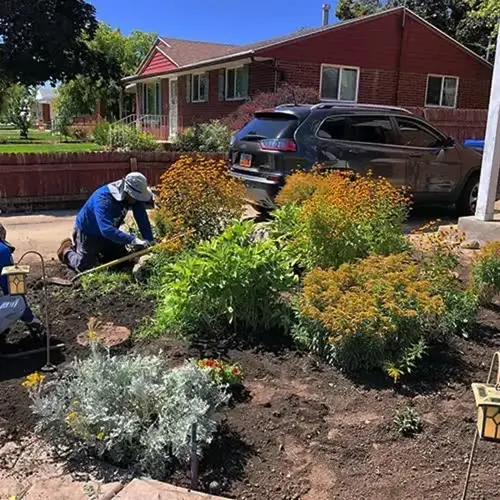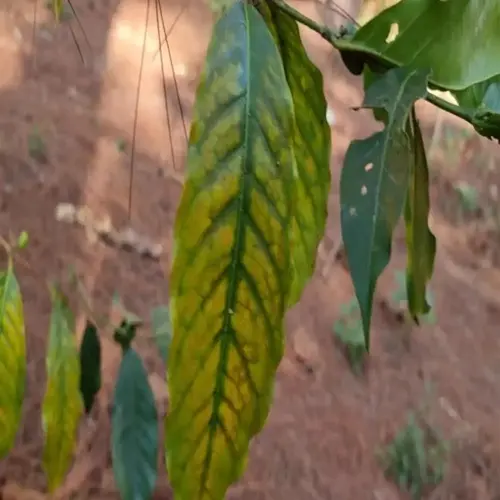What are the best organic soil amendments?

Written by
Paul Reynolds
Reviewed by
Prof. Charles Hartman, Ph.D.Organic soil amendments make an organic difference in your garden. They support your soil and the plants that you're growing there, without chemicals. I use organic soil amendments to address common garden problems. You too can get better yields and more resilient plants! Your first step will be to become familiar with your garden's needs, based on the results of soil testing.
The most beneficial amendments for soil improvement are worm castings, compost, and aged manure. Each offers unique qualities for different situations. Worm castings add balanced nutrients. Compost enhances soil structure, allowing for improved water retention. Manure provides low-release fertility. I recommend starting with one type of amendment at a time.
Mineral amendments such as greensand function to rectify specific deficiencies. Many of them operate well in conjunction with organic materials. Greensand alters the characteristics of clay-type soils and supplies potassium. Gypsum works to decrease sodium in problematic areas. Azomite is one type of mineral amendment that supplies trace minerals. I use these mineral amendments strictly based on tests, rather than intuition.
Animal-Based Amendments
- Worm castings: Mineral-rich with nitrate nitrogen
- Composted manure: Slow-release NPK fertilizer
- Bat guano: Fast-acting nitrogen-phosphorus source
Plant-Based Amendments
- Compost: Aerates soil while adding nutrients
- Cover crops: Fix nitrogen during off-seasons
- Leaf mold: Improves water retention naturally
Mineral-Based Amendments
- Greensand: Potassium-rich and loosens clay
- Gypsum: Reduces sodium buildup effectively
- Azomite: Provides 60+ essential trace minerals
To get the most out of your amendments, think about applying them at the right times of the year. If you're applying in the spring, be sure to apply several weeks before the planting season begins. If you're applying in the autumn season, amendments can be applied after the harvest of your crops. However, remember to avoid applying during periods of rainfall or when the soil is saturated. I often time my application schedules in accordance with the weather system. With proper timing, nutrients can be made available.
Local sourcing is something that makes amendments more sustainable. Building materials over long distances come with an increased carbon footprint. Coconut coir is an excellent substitute for peat. I find that composting programs offered by municipalities can be beneficial in terms of cost. With these arrangements, your garden can indeed be environmentally friendly.
Each season, begin slowly with one strategy of amendment, for instance, kitchen scraps composting. Or perhaps a section of cover crop. When I started many years ago, I had only a single bin for compost, as I understood how slowly the soil adjusts with each addition. Healthy soil leads to plant resilience and abundant harvests.
Read the full article: 10 Essential Organic Soil Amendments

